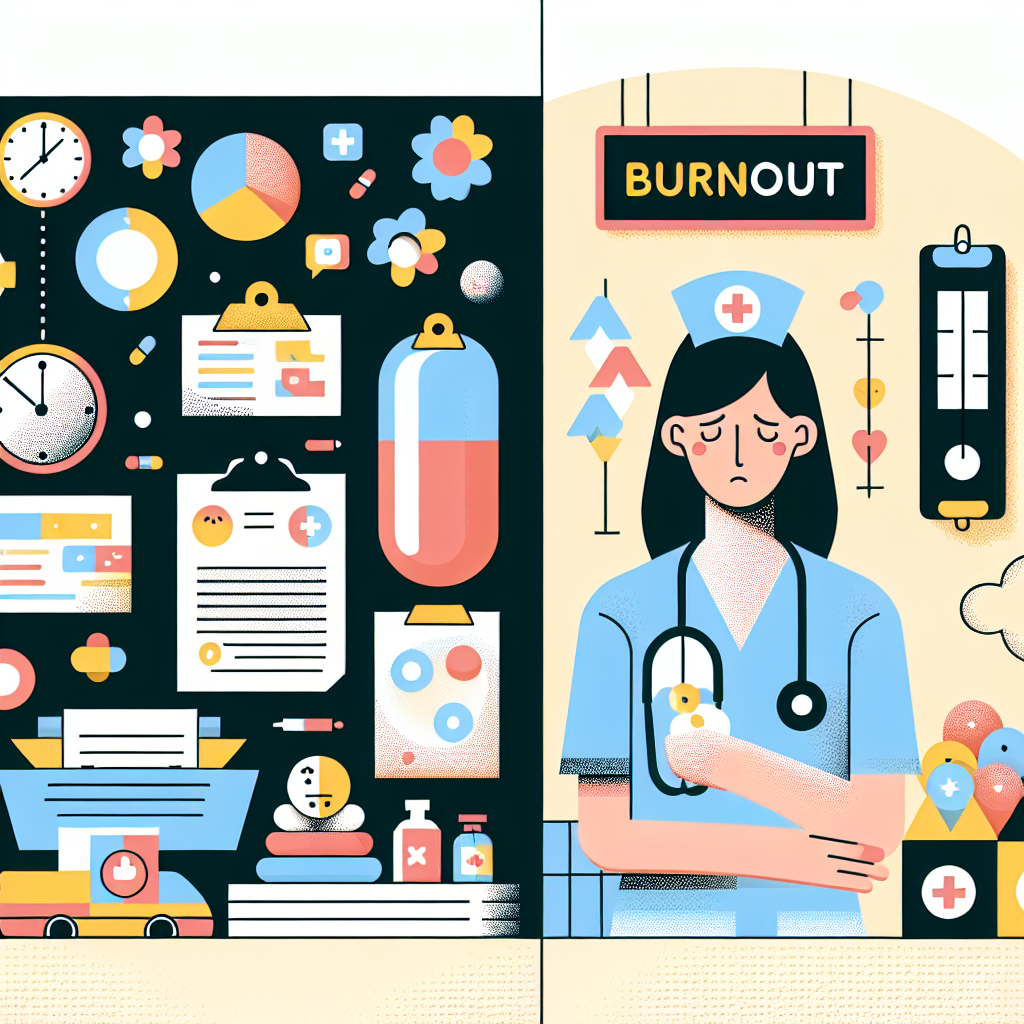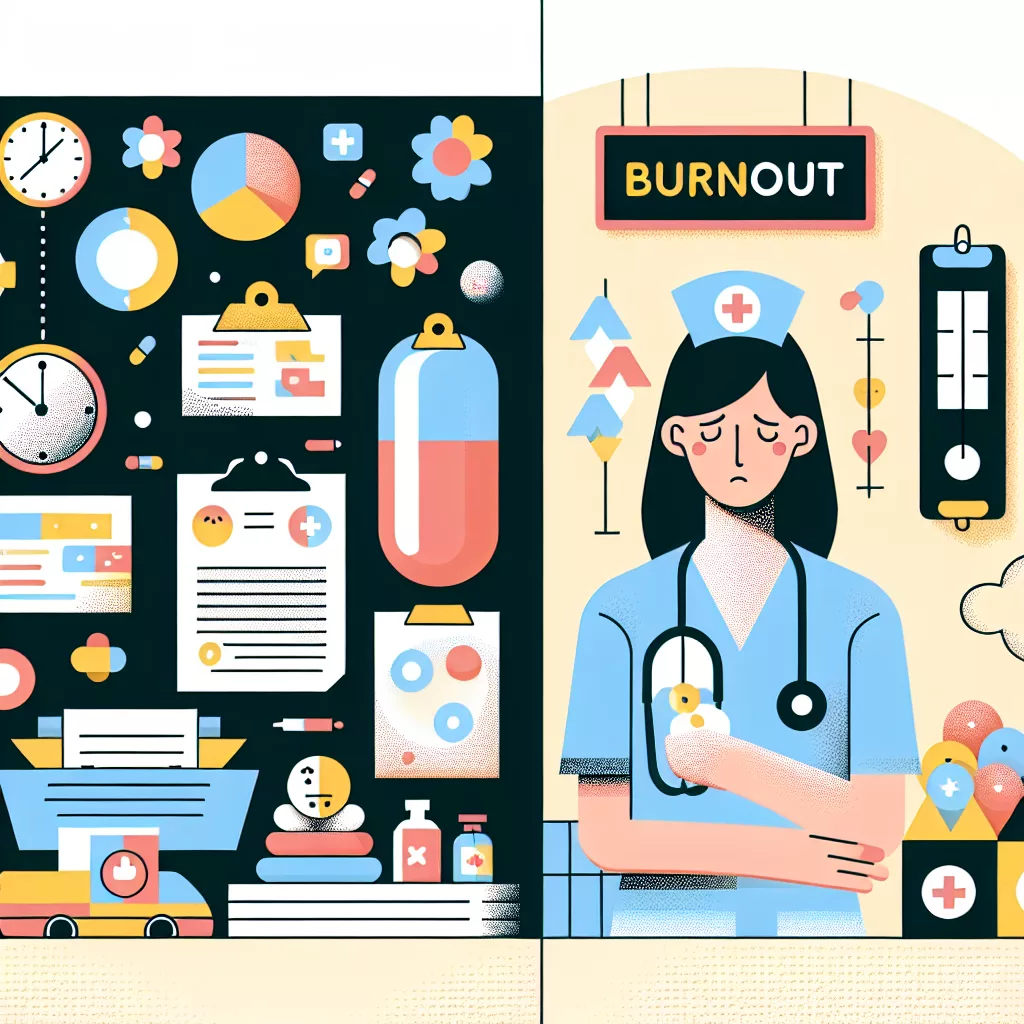As a pediatric nurse, understanding the high risk of burnout linked to emotional and physical demands is crucial to sustaining your career and well-being.

- High emotional demands from pediatric patient care.
- Exposure to distressing and traumatic situations frequently.
- Work-life balance challenges with irregular shifts.
- Limited resources and hospital understaffing issues.
- Constant pressure to perform at optimal efficiency.
- Vicarious trauma from prolonged patient interactions.
- Pressure from families with high expectations.
In assessing career burnout statistics for pediatric nurses, the data indicates that the burnout level is severe.
Reasons Pediatric Nurses burnout
According to the science to date there are key reasons people burnout at work. Here’s our top reasons why Pediatric Nurse in the Healthcare category has a burnout risk of Severe:
Pediatric nurses often face emotional exhaustion. You’re tasked with managing the distressing situations of seriously ill children, which can take a mental toll over time. This constant emotional challenge can contribute significantly to burnout.
Another factor is the high-stakes decision-making involved in caring for children. You have to make quick and accurate assessments in high-pressure situations. This continual demand for focus and responsibility without room for error can be draining.
The work-life balance is also often disrupted. Due to the erratic nature of healthcare, pediatric nurses may work long or unsocial hours, leading to personal life sacrifices. Over time, this imbalance can contribute to burnout.
Workplace violence is a serious concern. Unfortunately, nurses may face verbal or even physical aggression from stressed-out or distressed family members. This exposure can increase stress and mental fatigue.
There’s also the issue of insufficient resources. You might find yourself working in environments where staffing and material resources are limited. The struggle to provide optimal care under these circumstances can be physically and mentally taxing.
Lack of professional recognition can also be a contributing factor. Despite your crucial role, not receiving adequate recognition or appreciation can diminish job satisfaction and motivation.
Finally, the emotional toll of loss cannot be overlooked. Working closely with patients and families makes you vulnerable to grief when patients don’t recover. This repeated emotional strain can lead to burnout over time.
Burnout rate data for Pediatric Nurse/Healthcare
Burnout among pediatric nurses and healthcare professionals is a well-documented issue. Studies have identified high-stress levels and emotional exhaustion as prevalent in these roles. Causes include long working hours, emotional demands, and inconsistent support systems. Research indicates burnout can lead to decreased job satisfaction and higher turnover rates.
You can find data on burnout in pediatric nursing from sources like the National Library of Medicine and the American Association of Critical-Care Nurses. A study titled “Burnout in Pediatric Nurses” published by the NCBI confirms the prevalence of this issue in pediatric healthcare (https://www.ncbi.nlm.nih.gov/pmc/articles/PMC6596714/). Similarly, an article from the AACN discusses strategies to combat burnout (https://aacnjournals.org/ccnonline/article/40/5/32/31026/Battling-Burnout). These resources can provide further insight into your concerns.
Do you have experience of Burnout as a Pediatric Nurse or in Healthcare?
Share your story about Pediatric Nurse burnout on our share your story page.
Burnout in Healthcare
Career Burnout Rates > Burnout in Healthcare > Pediatric Nurse Burnout


